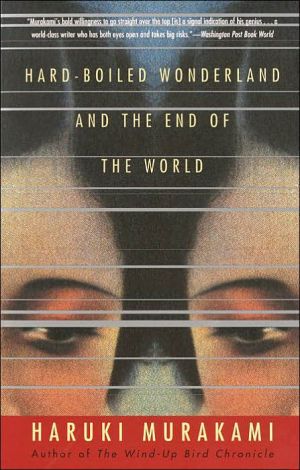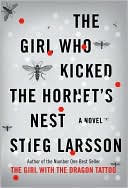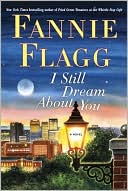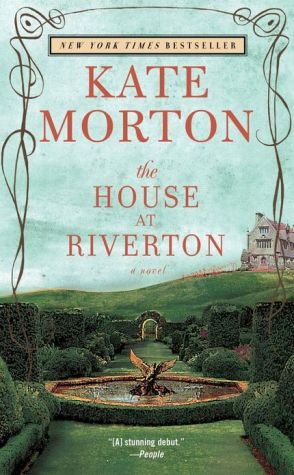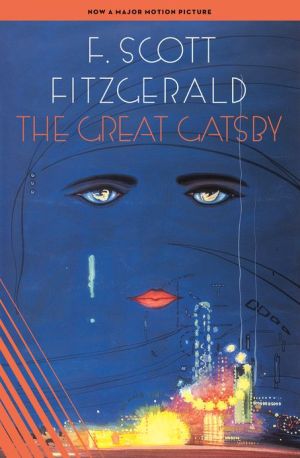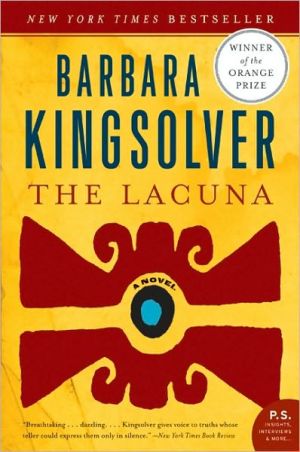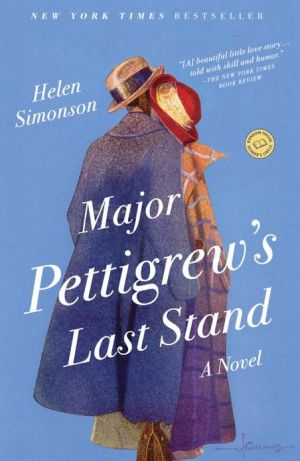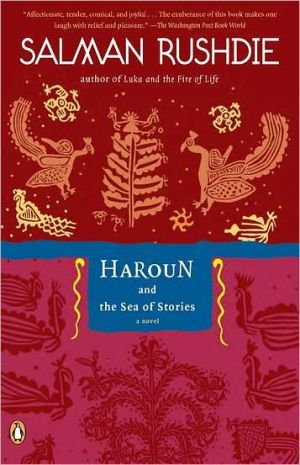Hard-Boiled Wonderland and the End of the World
Japan's most widely-read and controversial writer, author of A Wild Sheep Chase, hurtles into the consciousness of the West with this narrative about a split-brained data processor, a deranged scientist, his shockingly undemure granddaughter, and various thugs, librarians, and subterranean monsters—not to mention Bob Dylan and Lauren Bacall.
Search in google:
Japan's most widely-read and controversial writer, author of A Wild Sheep Chase, hurtles into the consciousness of the West with this narrative about a split-brained data processor, a deranged scientist, his shockingly undemure granddaughter, and various thugs, librarians, and subterranean monsters—not to mention Bob Dylan and Lauren Bacall.Publishers WeeklyMurakami's two stories--which alternate, chapter by chapter--are told by two narrators, who split duties here. Ian Porter is the baritone, thoughtful and deliberative; Adam Sims is lighter spirited, flightier, and more amused by the bizarre comedy of Murakami's puzzle box. Both readers are well chosen, expertly picking their way across the minefield of this intoxicating, perplexing story. And their balancing act mimics the book's alternation of tones, styles, and stories. The recording is studded by occasional studio sound effects that are hardly necessary, but do manage to cleverly amplify the woozy, trippy disorientation of the tale. A Vintage paperback. (May)
\ From the Publisher“Murakami’s bold willingness to go straight over the top [is] a signal indication of his genius . . . a world-class writer who has both eyes open and takes big risks.” –The Washington Post Book World\ “He has become the foremost representative of a new style of Japanese writing: hip, cynical, highly stylized, set at the juncture of cyberpunk, postmodernism, and hard-boiled detective fiction. . . . Murakami [is] adept at deadpan wit, outrageous style.” –Los Angeles Times Magazine\ “Fantastical, mysterious, and funny . . . a fantasy world that might have been penned by Franz Kafka.” –Philadelphia Inquirer\ “Rich in action, suspense, odd characters and unexpected trifles . . . [a] provocative work.” –The Atlantic\ “Murakami’s gift is for ironic observations that hint at something graver. . . . He is wry, absurd, and desolate.” –Los Angeles Times Book Review\ “[A] mix of American fun and Japanese dread.” –Esquire\ “An intertwining DNA model of seemingly contrary elements . . . a combination of Kafka’s castle, Borges’s library, and the Prisoner’s TV village.” –Village Voice Literary Supplement\ “Off the wall . . . hilariously bizarre . . . splendid . . . a remarkable book . . . Alfred Birnbaum . . . has captured the crazed, surreal feel of Murakami’s Japanese.” –The Times (London)\ “His novels . . . are set on fast-forward: raucous, slangy, irreverent.” –Details\ \ \ \ \ \ Publishers Weekly - Publisher's Weekly\ There ought to be a name for the genre Murakami ( A Wild Sheep Chase ) has invented, and it might be the literary pyrotechno-thriller. The plot here is so elaborate that about 100 pages, one-fourth of the book, elapse before its various elements begin to fit together, but Murakami's lightning prose more than sustains the reader. Embellished with witticisms, wordplay and allusions to such figures as Stendhal heroes and Lauren Bacall, the tale is set in a Tokyo of the near future. Thanks to a wonderland of technology, an intelligence agent has had his brain implanted with a ``profoundly personal drama'' that allows him to ``launder'' and ``shuffle'' classified data, and all that he knows of the drama is its password, The End of the World. But after interference from a scientist and from the Semiotecs, a rival intelligence unit, the subconscious story is about to replace the agent's own perceptions of reality. Intertwined with the agent's attempts to understand his plight are scenes from The End of the World. Murakami's ingenuity and inventiveness cannot fail to intoxicate; this is a bravura performance. (Sept.)\ \ \ Library JournalThe last surviving victim of an experiment that implanted the subjects' heads with electrodes that decipher coded messages is the unnamed narrator of this excellent book by Murakami, one of Japan's best-selling novelists and winner of the prestigious Tanizaki prize. Half the chapters are set in Tokyo, where the narrator negotiates underground worlds populated by INKlings, dodges opponents of both sides of a raging high-tech infowar, and engages in an affair with a beautiful librarian with a gargantuan appetite. In alternating chapters he tries to reunite with his mind and his shadow, from which he has been severed by the grim, dark ``replacement'' consciousness implanted in him by a dotty neurophysiologist. Both worlds share the unearthly theme of unicorn skulls that moan and glow. Murakami's fast-paced style, full of hip internationalism, slangy allegory, and intrigue, has been adroitly translated. Murakami is also author of A Wild Sheep Chase ( LJ 10/15/89); his new work is recommended for academic libraries and public libraries emphasizing serious contemporary fiction.-- D.E. Perushek, Univ. of Tennessee, Knoxville\ \ \ \ \ Kirkus ReviewsWinner of the Tanizaki Literary prize (the Japanese equivalent of the Pulitzer), by acclaimed young Japanese novelist Murakami: a stunning combination of the contemporary and brash with elegiac allegory, all topped off by a strong measure of cyberpunk. The "hard-boiled" hero, 35 and divorced, is a man of possessions—a collection of imported whiskeys; interests—old American movies and cooking; but no emotions. Which, coupled with his brilliant work on computers, makes him the ideal candidate for a mysterious aging scientist holed up under the sewers of Tokyo. Here, protected by a waterfall and by flesh-devouring creatures, the INKlings, from the two competing information organizations that control everything in the country, the scientist has devised a perfect secret code by operating on the brains of selected computer workers. The hero, summoned to the scientist's lair, is presented with a unicorn's skull and told of a project called "The End of the World." Alternating between these encounters with the scientist, the scientist's granddaughter, and bully-boys bent on finding out what he knows, there is the story of the ancient walled town at the end of the world. In this home of one-horned beasts, a young man arrives, is separated from his shadow, and is set to work interpreting the dreams of the skulls in the library. The two worlds increasingly connect and at the end fuse, with the hero, though certifiably dead, for the first time morally and emotionally alive and resistant to the society's pervasive control of the individual. One of those rare postmodern novels that is as intellectually profound as stylistically accomplished, by a writer with a bold and originalvision.\ \ \ \ \ Publishers WeeklyMurakami's two stories--which alternate, chapter by chapter--are told by two narrators, who split duties here. Ian Porter is the baritone, thoughtful and deliberative; Adam Sims is lighter spirited, flightier, and more amused by the bizarre comedy of Murakami's puzzle box. Both readers are well chosen, expertly picking their way across the minefield of this intoxicating, perplexing story. And their balancing act mimics the book's alternation of tones, styles, and stories. The recording is studded by occasional studio sound effects that are hardly necessary, but do manage to cleverly amplify the woozy, trippy disorientation of the tale. A Vintage paperback. (May)\ \
